Paris has voted to triple the parking costs of especially heavy cars in a move aimed at countering the rise of SUVs on the French capital's streets.
Petrol, diesel and hybrid cars that weigh more than 1600kg and electric cars that weigh more than 2000kg will be charged a significantly higher rate for parking.
Drivers of such cars will be charged €18 (£15.40) per hour to park in the city centre and €12 (£10.30) to park elsewhere within city limits.
Although the move has widely been reported as an attack on SUVs, it also affects many saloons and coupés, including the Audi A6, BMW i4 and Genesis G70.
Plug-in hybrids – which can run with zero tailpipe emissions for short-to-medium distances – are especially affected by the new rule.
The BMW 330e tips the scales at 1740kg, the Citroën C5 X PHEV weighs 1722kg and the Mercedes-Benz A250e is 1680kg.
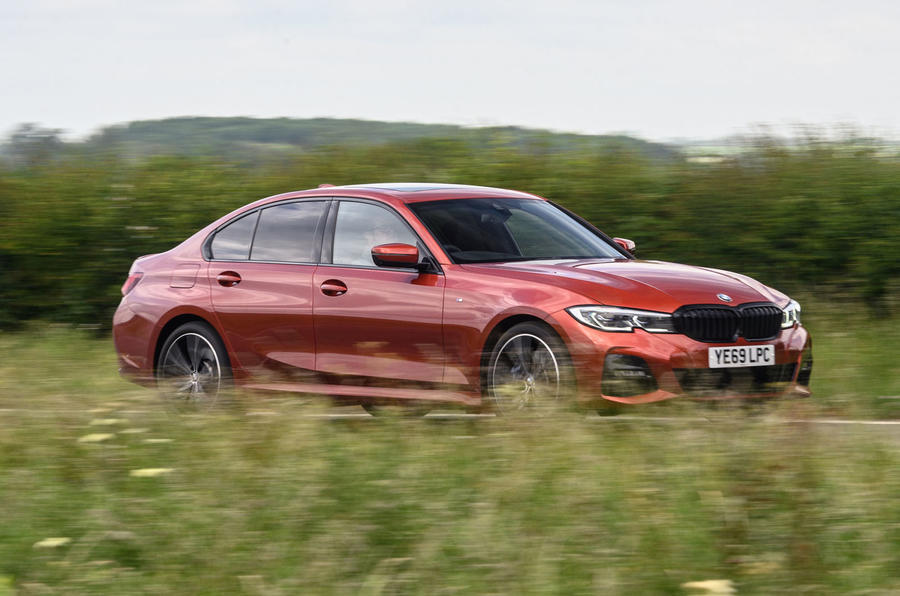
Parisian mayor Anne Hidalgo hailed the vote as a “clear choice” by the city’s residents, despite recording only a 54.6% vote in favour against a voter turnout of 5.7%.
Hidalgo previously said the increased tariff would be “a form of social justice”.
She's quoted by The Guardian as saying: “This is about very expensive cars, driven by people who today have not yet made the changes to their behaviour that have to be made [for the climate].”
Deputy mayor David Belliard added that the measure “will be directed at the richest people”.
Nonetheless, residents of Paris – which has some of the highest property costs in Europe, according to a July 2023 report by Bloomberg – aren't affected by the increase in parking rates.
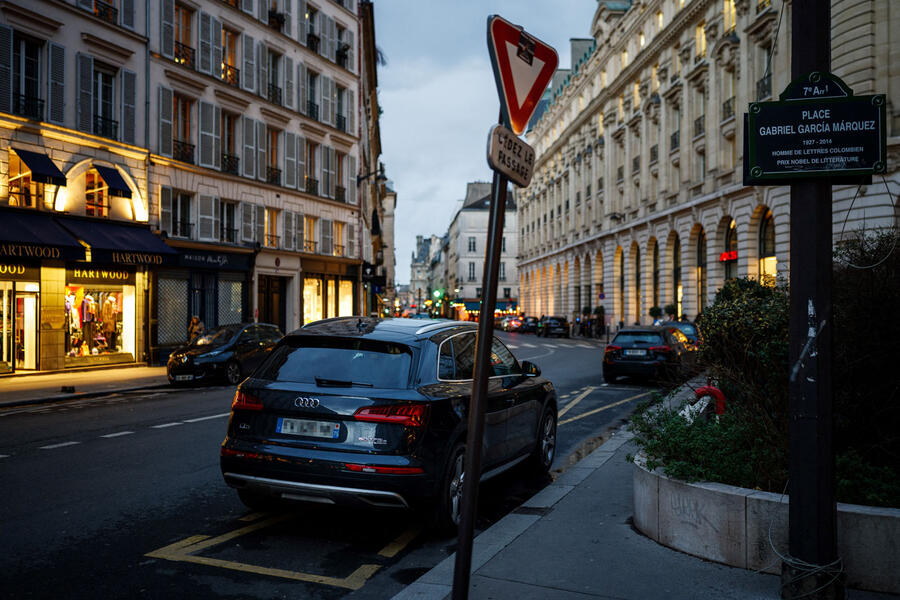



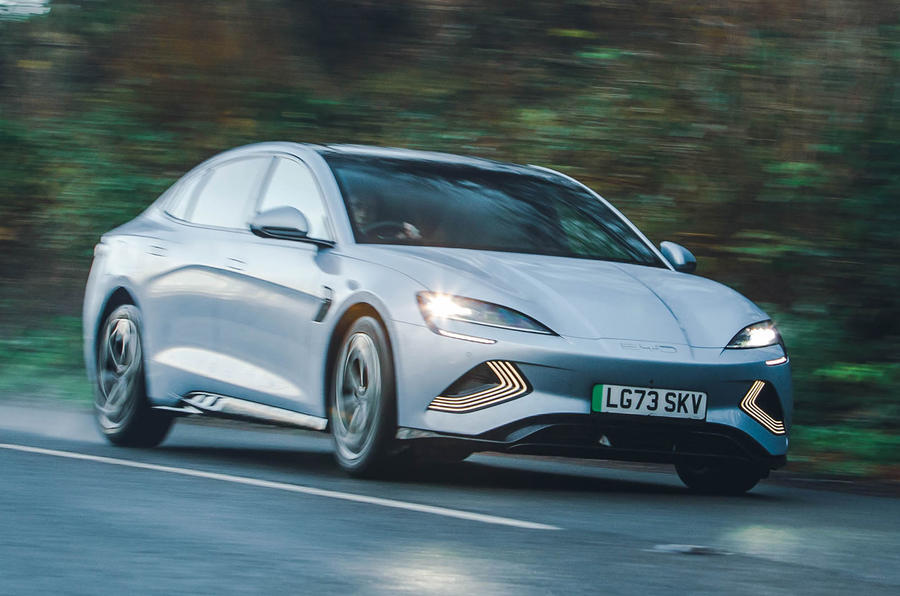
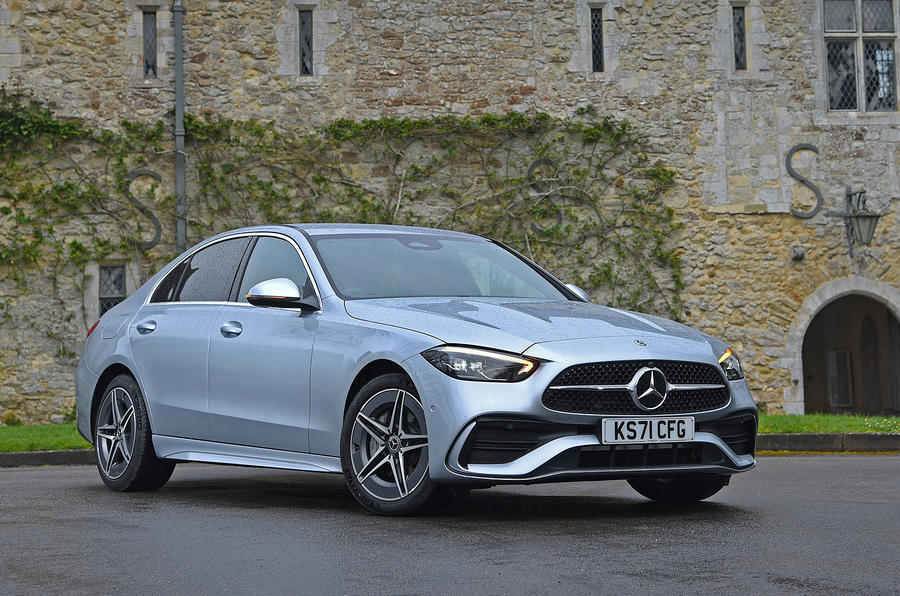
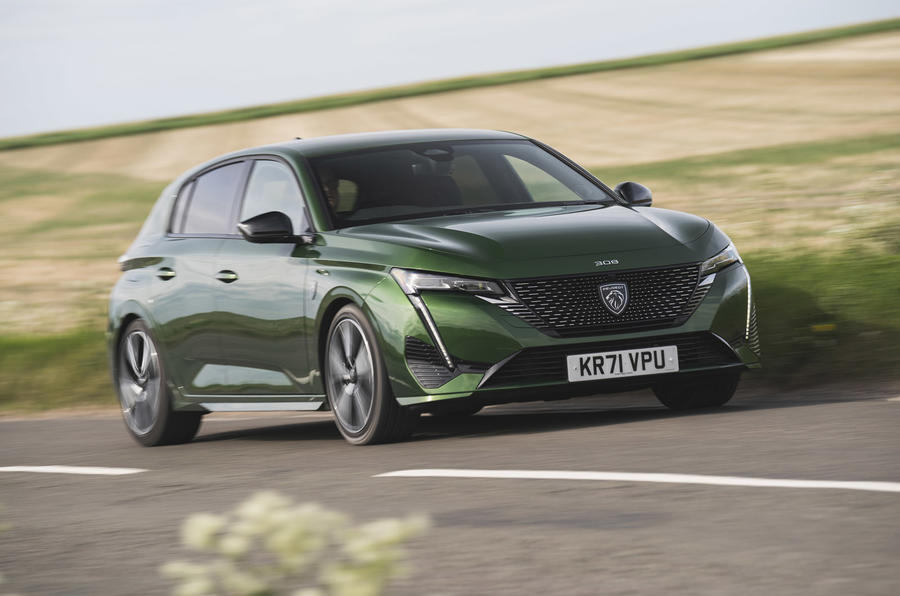
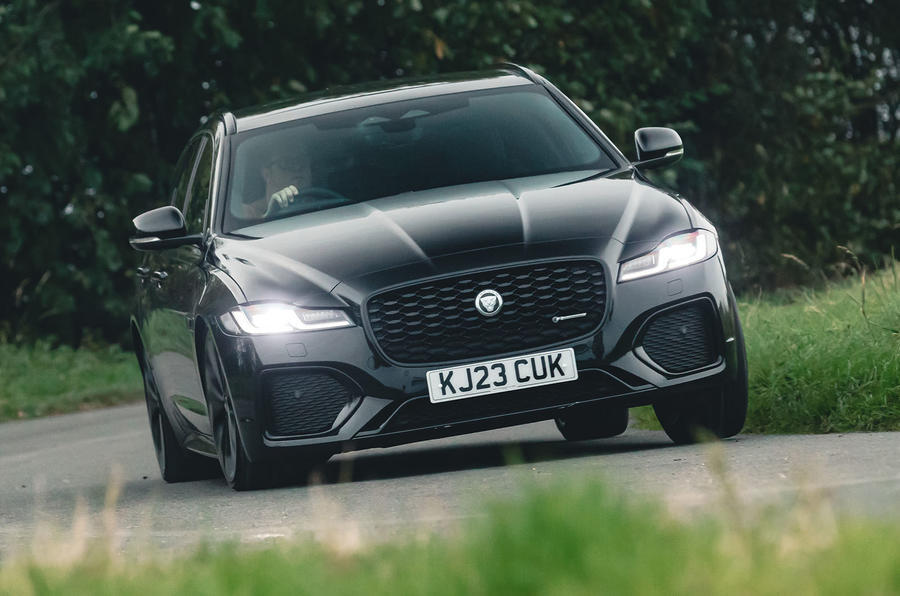
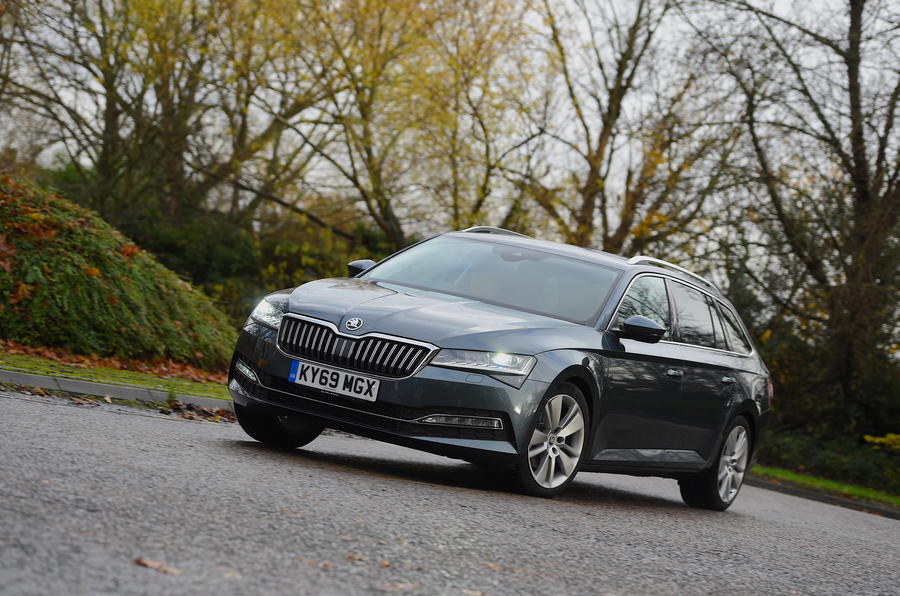




Join the debate
Add your comment
The exact stipulations may need a bit of tinkering though. Plug-in hybrids are very close to pure-electric cars in weight terms, so need their limit bumped up a bit. Another +50 or 100kg for the other fuel types would also let in more medium-sized cars but very few SUVs.
I also wonder if it might be more egalitarian to vary the limit *by number of seats*, or by vehicle class, so that MPVs/minivans aren't necessarily targeted. They're typically driven by large families, professional drivers or carpooling collectives, who literally need vehicles that large.
SUVs on the other hand are space-inefficient: heavy for the sake of fashion rather than practicality. The vast majority of their drivers don't use them for anything that a hatchback can't do.
Coming to London soon no doubt, following another twisted and/or ignored public consultation. Anything to steal from the beleaguered 'easy target' motorist. Quite literally highway robbery!
You know we have elections in this country? If the "motorists" don't like it they can vote for someone else.
By the same token... an SUV *ban* would kick up such a furore from industry stooges, farmers and Range Rover fans that it would end up being difficult to pass. But by making them prohibitively expensive for casual buyers, the change can be executed far more quickly and easily.